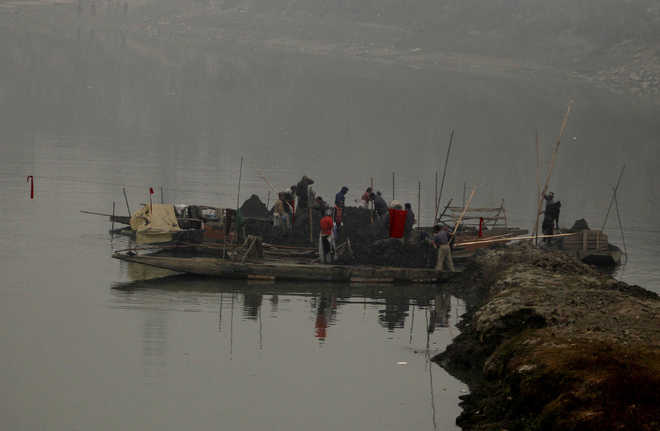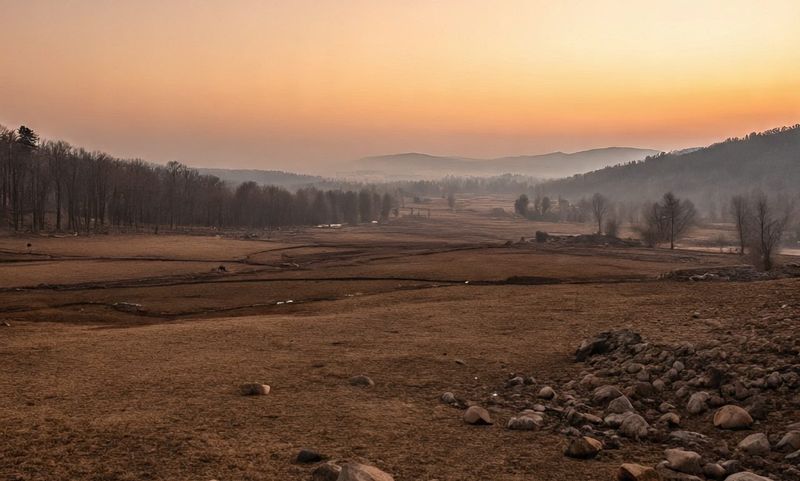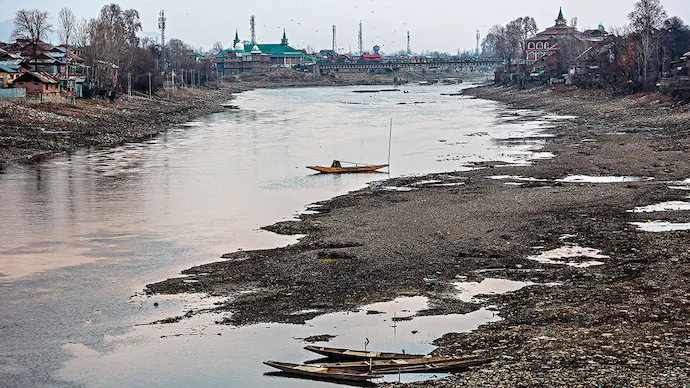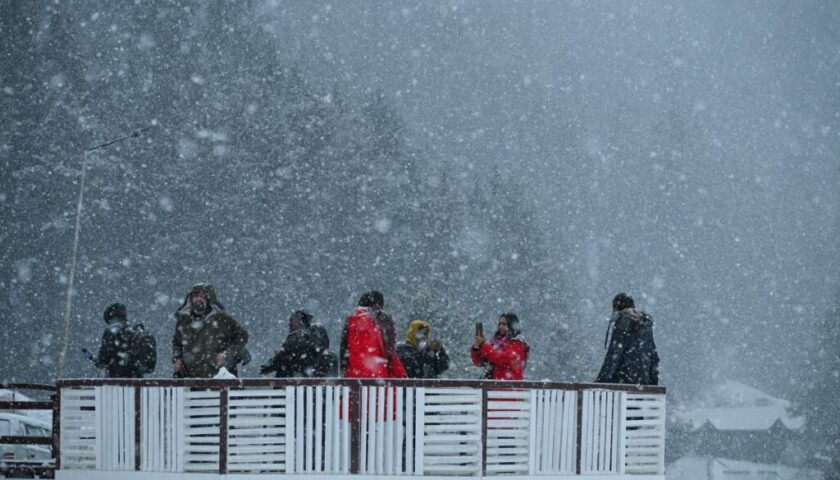The Jhelum registered a new low in its recorded history as the water level dropped 0.65 feet below the zero point on Tuesday, making it the lowest drop in the past six decades.
The water level of minus 0.65 feet is the “lowest gauge ever recorded at the Sangam site,” said officials of the Irrigation and Flood Control (IFC) Department. The depth was recorded at 9 am and immediately announced by the department as the lowest-ever.
The department has been maintaining the daily record of the river’s water level since 1955 and the minus 0.65 feet water level is the lowest that has been registered in the past 62 years, the officials said. Sangam in south Kashmir’s Anantnag district is one of the three locations where the department records the river’s water level daily. The flood alarm level at Sangam is 18 feet while flood declaration level is 21 feet and danger level is 23 feet. The river’s water level is likely to drop further as the forecast suggests the ongoing spell of dry weather will continue. “This water level is the lowest that we have recorded and it is mainly because of the lack of precipitation,” Mohammad Aslam Zargar, Assistant Executive Engineer in the IFC Department, told Kashmir Post.
The Jhelum, which was the source of a devastating flood in September 2014, snakes nearly 180 km from its origin in Verinag spring and is fed by at least a dozen tributaries.
The precipitation in the region has been feeble over the past two months with no major spell of rain. Director, Meteorological Department, Sonam Lotus, said there had been scanty rainfall during the past two months. It is for the second time this year that the water level has dropped below the zero mark. In January this year, the river’s water level at Sangam had dropped to minus 0.60 feet.
The official said the alarming drop in the river’s water level is an “indicator that it is the time to focus on saving water reserves”. “There has been no major precipitation for the past three months. The current discharge in the river is provided by glacial water and other such storages,” Zargar said.
Jhelum water level reaches record low of six decades




